When a machine operates in an environment with high or constantly fluctuating temperatures, not only do internal components wear out, but the external protections that should extend its lifespan are also compromised.
Industrial boots and bellows, especially in moving areas or areas with heat buildup, are exposed to silent but constant degradation. And if the right material isn’t chosen, that protection ceases to fulfill its purpose much sooner than expected.
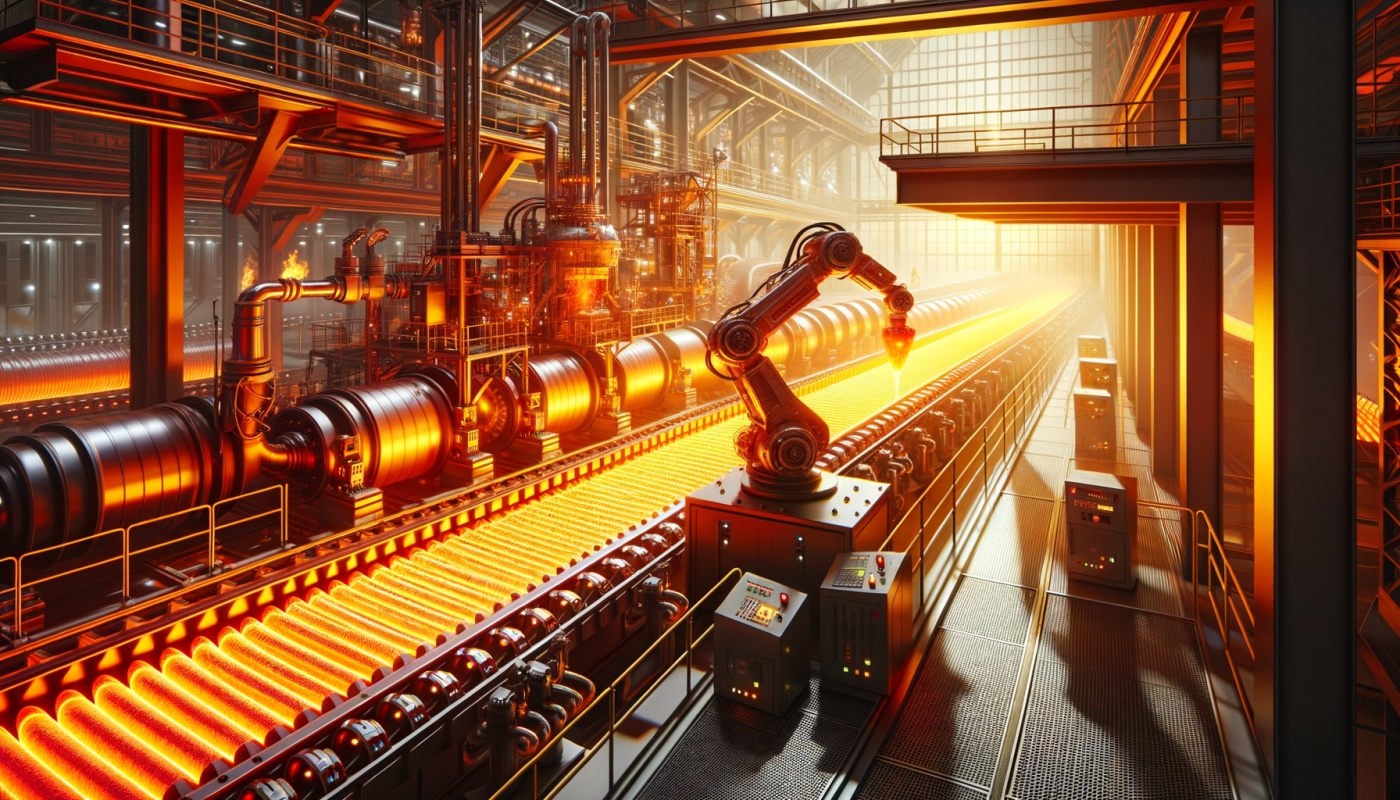
Why does temperature accelerate the failure of machine guards?
Beyond certain thermal thresholds, conventional materials lose properties: they deform, become brittle, or simply no longer fit well with the system they protect.
This type of failure is not always detected in time, but it often results in:
● Accumulation of debris or dust in critical areas
● Difficulty moving guides or shafts
● Failure to seal or insulate sensitive areas
● Risk of contact with hot surfaces
All of this can directly impact operational reliability and, above all, the safety of the work environment.
What should you consider when choosing industrial thermal protection?
Not all fabrics or materials are equally resistant. It’s key to consider:
● Ambient temperature and local heat spikes
● The presence of steam, oils, or chemical agents
● Speed or frequency of movement
● Access for maintenance and cleaning
● Level of exposure to physical or abrasive contact
Depending on these factors, the material varies. From coated technical textiles to heat-treated metal structures. The important thing is not to assume that “any bellows will do.”
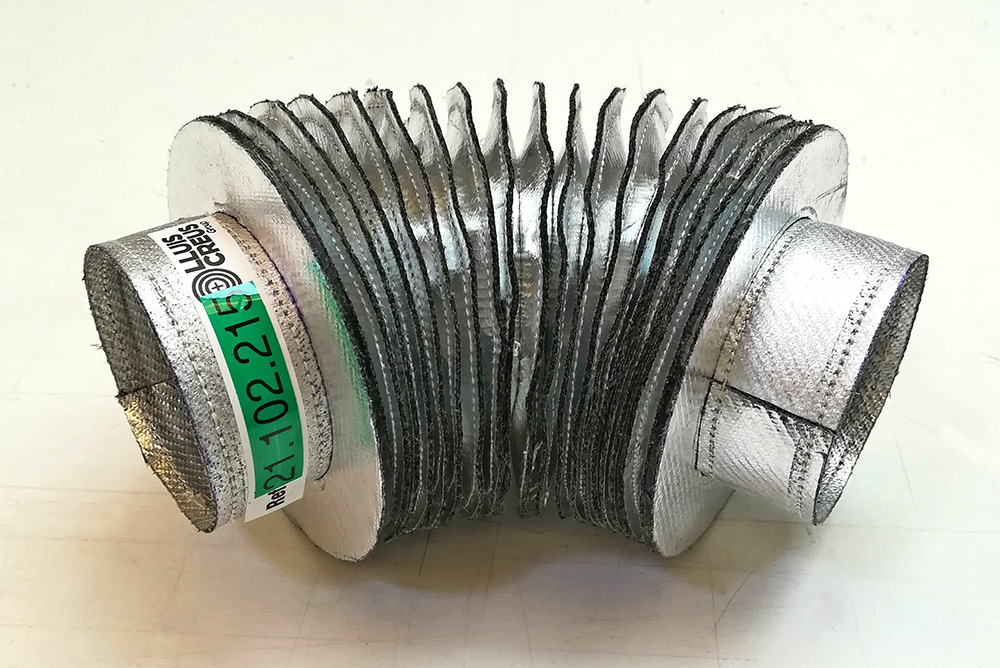
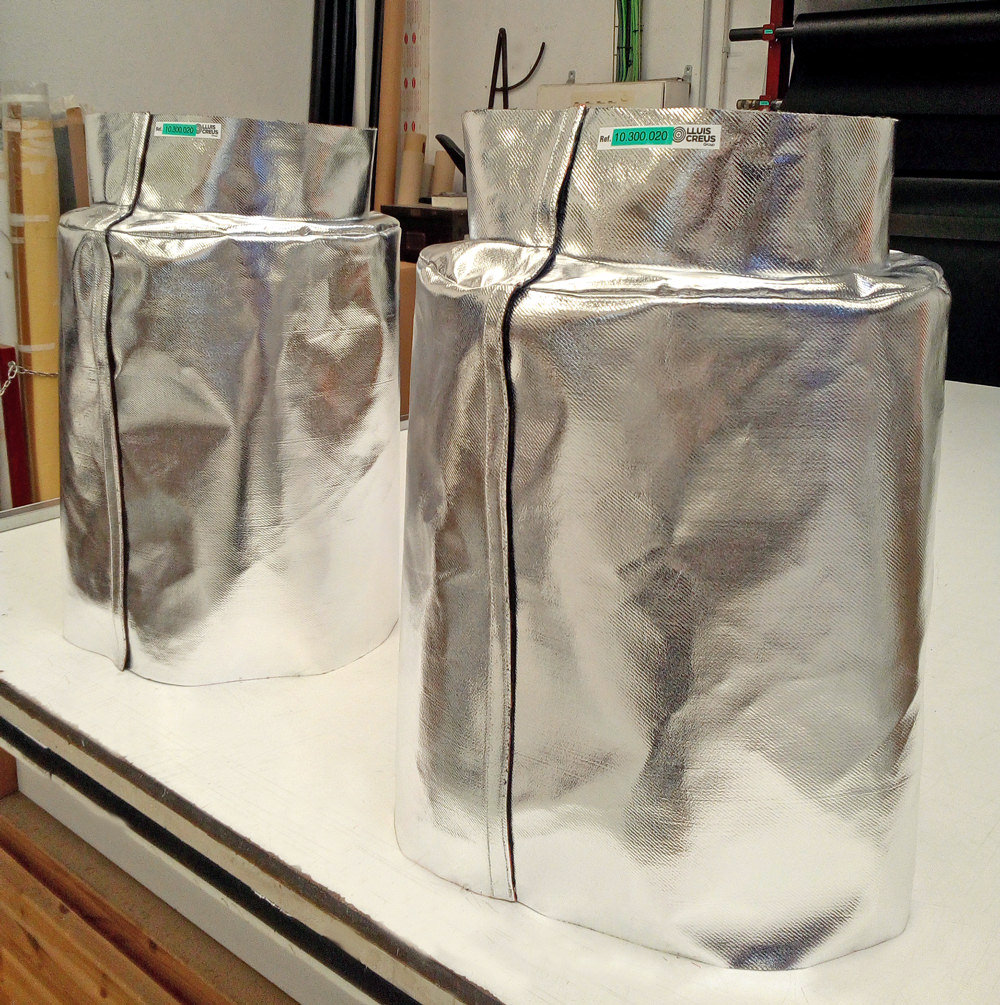
What we focus on at Lluis Creus Group
Over the years, we’ve learned that good protection isn’t the most visible, but the one that blends in best. That’s why, when we design solutions for demanding thermal environments, we do so by evaluating:
● The machine’s actual work cycle
● Operator needs (access, visibility, maintenance)
● Regulatory requirements of the sector (food, chemical, pharmaceutical, etc.)
● Type of risk: thermal radiation, friction, point or continuous contact
And with this information, we propose customized protection: one that moves with you, withstands the environment, and simplifies your daily work.
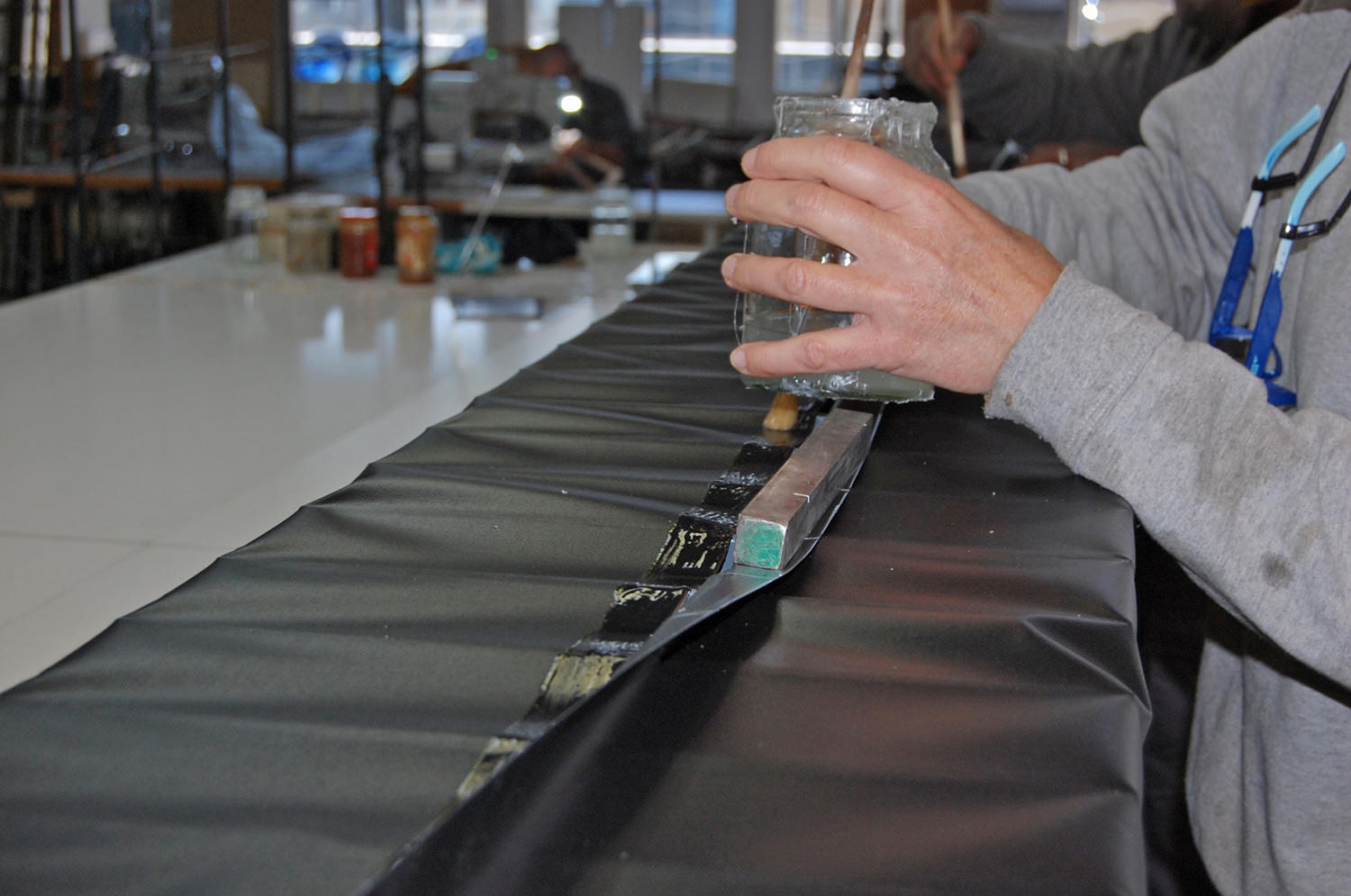
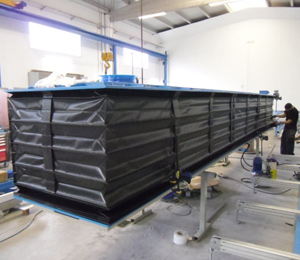
Is it worth investing in a technical cover or bellows?
If your plant depends on operational continuity and equipment safety, the answer is yes.
Because choosing a cover adapted to the thermal environment isn’t just another expense: it’s a preventative maintenance measure that prevents major incidents.
There are many ways to protect a machine. But only a few remain effective when the environment is tough.
And that’s where well-thought-out technical design comes in.
Conclusion
Heat is one of the factors that most quietly deteriorates protective equipment in industrial environments.
Checking whether your protective equipment is prepared to withstand it is a strategic decision, not an aesthetic one.
At Lluis Creus Group, we work with certified materials and custom designs that withstand demanding thermal environments. And we do so with one goal: to ensure that the protection works flawlessly.

